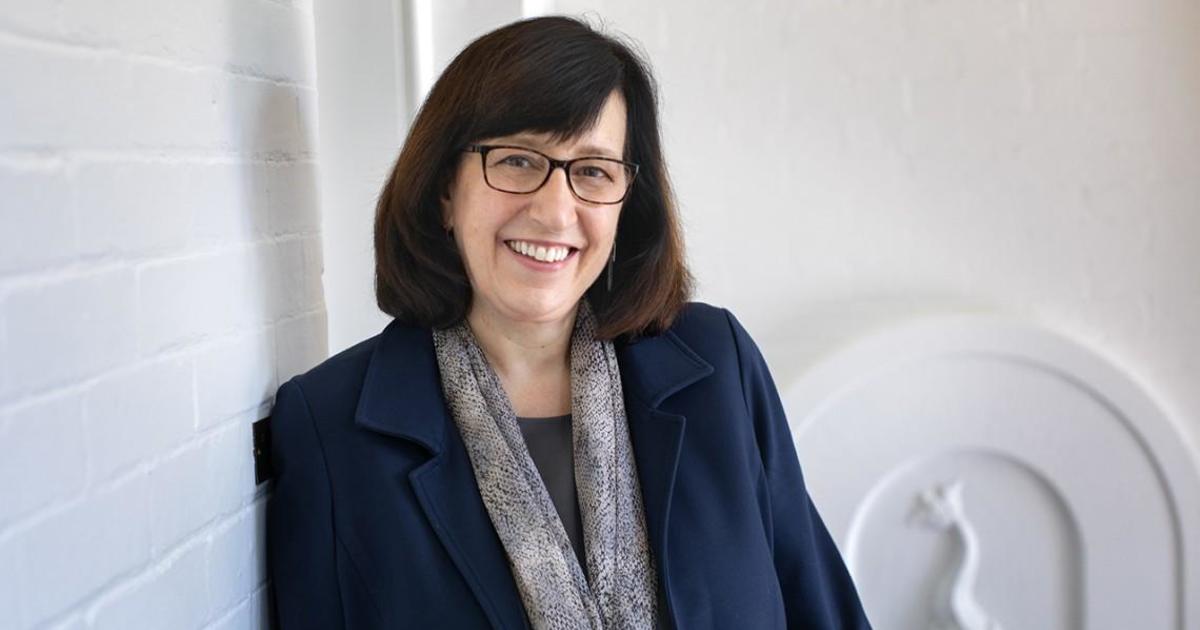Hospital faces problems in post-tsunami Japan
(CBS News) MOTOYOSHI, Japan - Sunday marks the first anniversary of the powerful earthquake and tsunami in Japan. It killed nearly 16,000 people and triggered the nuclear disaster in Fukushima.
In one small town to the northeast of the meltdown, the medical crisis is far from over. CBS News correspondent Bill Whitaker is there:
Japan has so much rebuilding to do, the big picture so daunting, that it's easy to overlook a little place like Motoyoshi Hospital.
"How do you run a hospital like this?" Whitaker asked Dr. Kentaro Hayashi
"Wow. That is a very good question," he responded.
Complete coverage: Disaster in Japan
Japan marks 1 year since quake, tsunami disaster
Children orphaned by tsunami struggle to cope
Hayashi runs this rural hospital with a rotating staff of one or two volunteer doctors -- seeing 80 or more patients a day in a facility that was almost washed away in the tsunami.
You can still see the wave washed through here. A year later the hospital still has no central heat, the electricity is jury-rigged and these hospital records are still covered in mud. They have no staff and no time to file them away.
The original staff of two doctors was overwhelmed by the tsunami. They couldn't handle the stress of the patient load and left. The hospital got through the immediate crisis with the help of volunteers from the U.S., like Kozue Shimabukuro. The Japanese native is a pediatrician at UCLA.
"I just remember feeling so hopeless -- like, 'Now we are here,' and then, 'What are we supposed to do?'" said Shimabukuro.
Dr. Hayashi feels the same, now the foreign volunteers have gone.
"How is it possible in Japan, wealthy Japan that you can have a situation like this? " Whitaker asked.
"Well, it's also not only in Japan, I think," Hayashi said.
Like rural hospitals in the U.S., it's hard to get doctors to move here. Throughout the disaster zone, there's just one doctor for every 700 people. So Dr. Hayashi recruits volunteers via the Internet for a day or a week. He used to volunteer for Doctors Without Borders in Burma and Nigeria.
"How did this compare?" Whitaker asked Hayashi.
"I think that's why I can work in this condition, because of those experience."
For now, he runs the hospital on $350,000 donated by the Japan Society of the U.S. The Japanese government promises to fix the ailing facility.
"And when is that supposed to happen?" asked Whitaker
"One more year," said Hayashi.
"You have to live like this another year?"
"I hope not."
With the Japanese government focused on bigger issues, little places like Motoyoshi are falling through the cracks.




